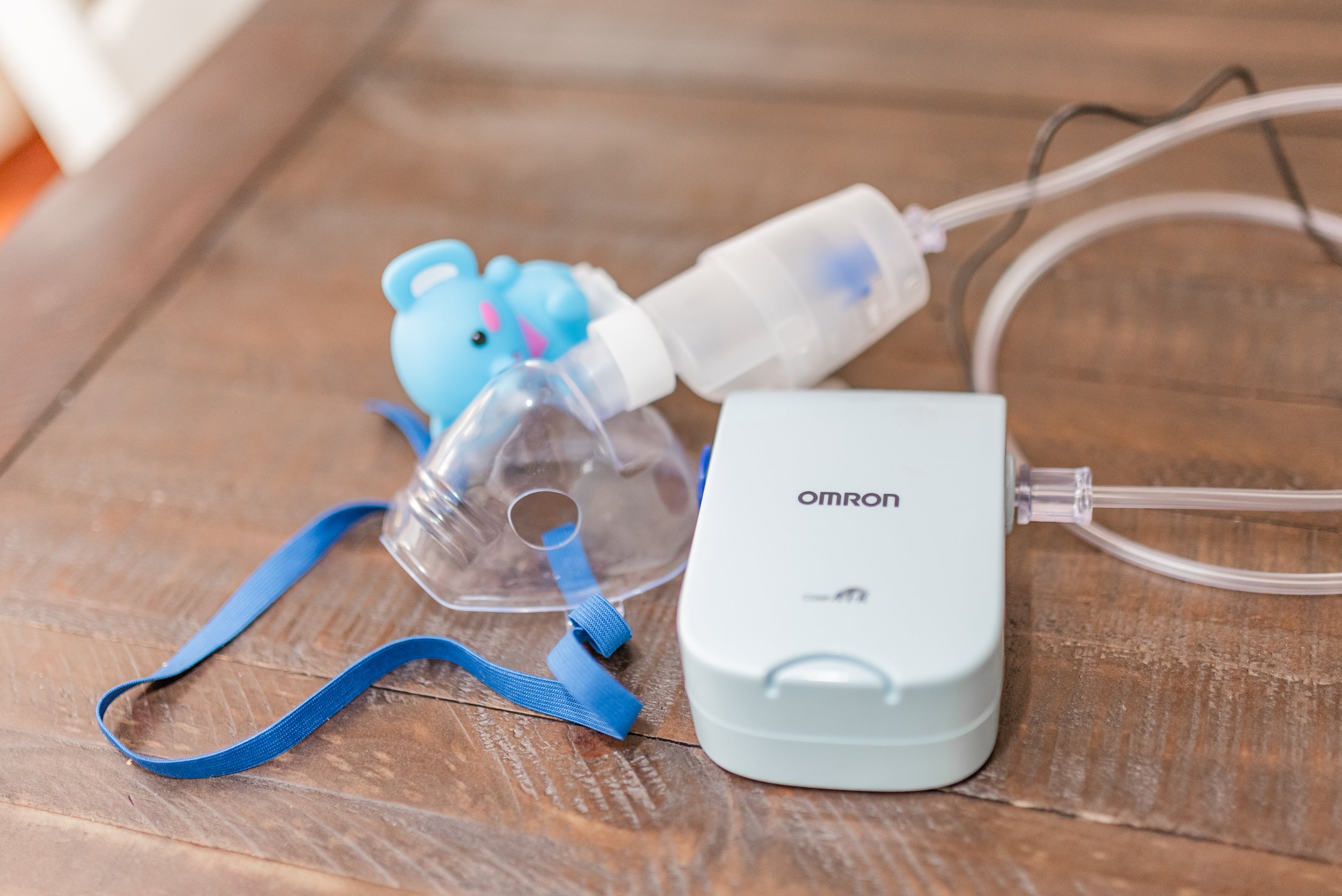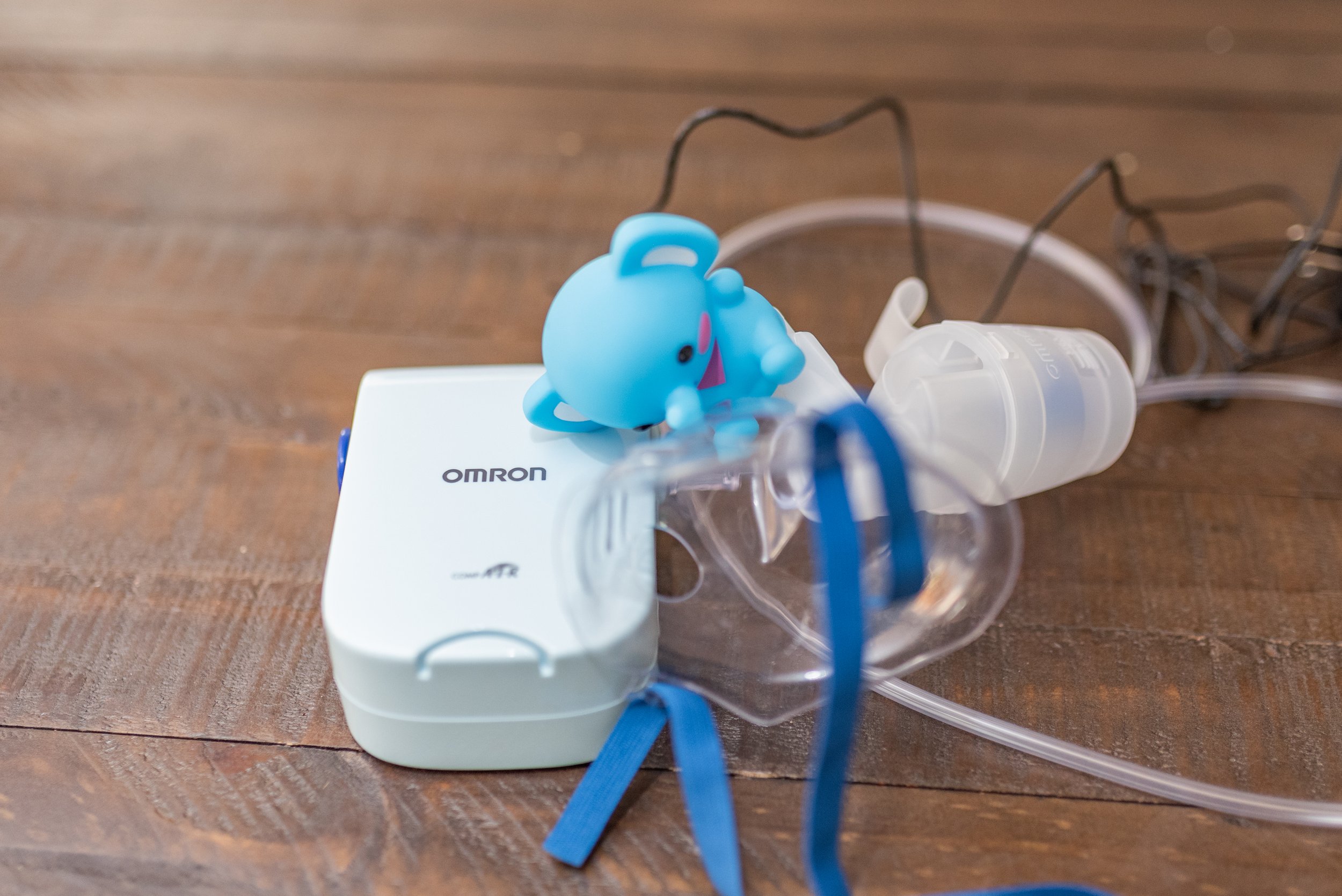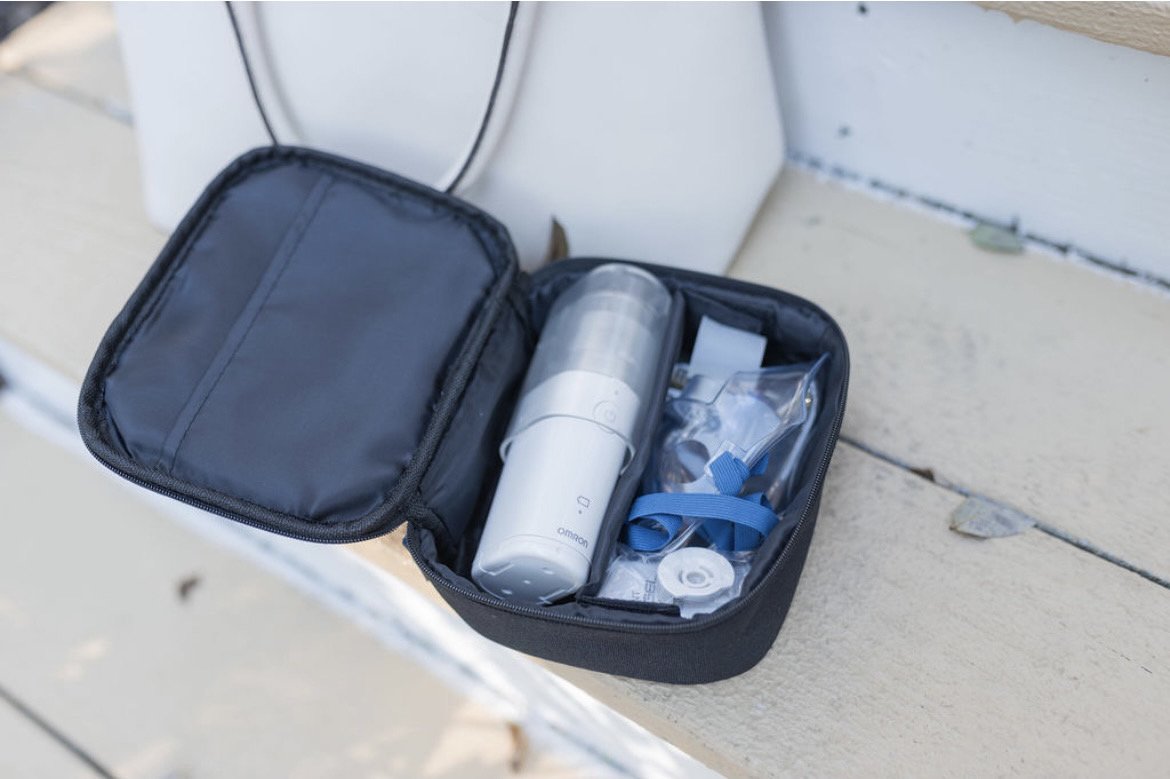This winter, I swapped the chilly streets of Louisville, Kentucky, for the sunny shores of Naples, Florida, thanks to the convenience of Breeze Airways. With their affordable nonstop flights, what used to be a lengthy road trip transformed into a quick and easy escape to paradise. Here’s a recap of my unforgettable getaway.
The Flight Experience
Flying with Breeze Airways was a breeze—pun intended! The nonstop flight from Louisville (SDF) to Southwest Florida International Airport (RSW) took just over two hours. Breeze’s focus on comfort and simplicity was evident, with spacious seating, friendly staff, and seamless check-in and boarding. Once on board we were greeted with the friendliest staff. If you are lucky enough to have Ken on your flight, tell him I said hello- he is a treasure!
I opted for a “Nicest” seat, which offered extra legroom, but even their standard seats were comfortable for a short flight. No more worrying about hours on the road or layovers; I arrived in Florida refreshed and ready to explore. Please note the photo of my legs fully extended and I wasn’t touching the wall in front of me. So impressive!!
Exploring Naples
After a 30-minute drive from RSW to Naples, I was greeted by the swaying palms and warm Gulf breezes. Naples is the perfect blend of laid-back beach vibes and upscale sophistication.
Day 1: Check in and Sunshine
I kicked off the trip by checking into our hotel, the Inn on Fifth. It was beautifully decorated for the holiday season and is located in the middle of a ton of bars and restaurants. The sun was shining, so we decided to hit the pool! It is located on the 3rd floor, which made it feel more private and quaint. We hung out there most of the day and then explored the surrounding area!
Day 2: Outdoor Adventures and Local Eats
Day two we hit the beach for some sand and saltwater! The Inn on Fifth has a shuttle service that will take you to the beach, as well as provide you with chairs and umbrellas. This was so nice, as the hotel was not located directly on the beach.
Lunch was at The Dock at Crayton Cove, a casual waterfront spot serving up fresh seafood. The shrimp tacos were to die for! Later, we explored Fifth Avenue South, the city’s charming downtown area, filled with boutique shops and art galleries all within walking distance to our hotel.
Day 3: Relaxation and Farewell
On my final day, I made sure to savor the peaceful vibe of Naples. I started the morning with coffee at a local café, then headed to Lowdermilk Park for a few more hours of beach bliss. The calm waters and gentle waves were the perfect way to unwind before heading back to the cold weather in Kentucky! We had a calm day and then hit a local steakhouse for dinner and ended the night fairly early since we had to head back to the airport in the early morning.
The Flight Back
The return flight was as seamless as the journey there. With just a short drive from Naples to RSW and a quick flight home, I was back in Louisville by 9 am Monday morning. Breeze Airways truly made this weekend escape effortless.
Why Fly with Breeze Airways?
1. Convenience: Nonstop flights between Louisville and Fort Myers make escaping the cold weather a breeze!
2. Affordability: Breeze offers budget-friendly options without sacrificing comfort.
3. Time-Saving: A two-hour flight beats a 14-hour drive any day.
Tips for Your Naples Getaway
• Pack Light: With Florida’s year-round warm weather, a carry-on with beachwear and casual outfits is all you need.
• Book Early: Breeze’s flights are popular, so secure your seat well in advance.
• Explore Beyond Naples: Nearby spots like Marco Island and the Everglades are worth a visit.
Heading to Florida for the weekend was everything I needed for a winter escape—sun, sand, and relaxation. Thanks to Breeze Airways, getting there was as enjoyable as the destination itself. If you’re dreaming of warm beaches and stress-free travel, South Florida and Breeze are a match made in heaven.


















































































































